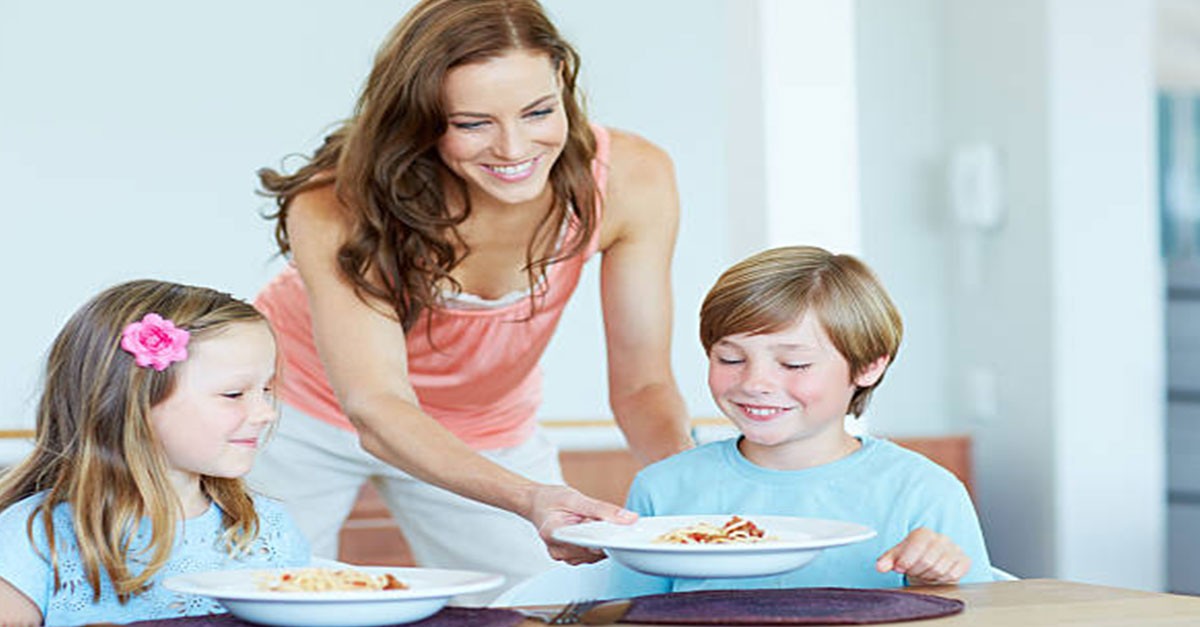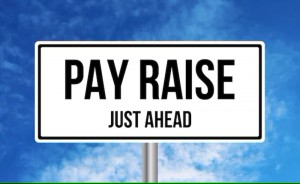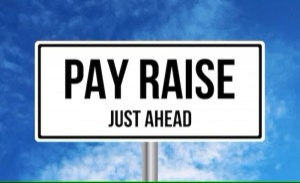As of 8th December 2023, Food Standard Code 3.2.2A updates have now come into effect. This means that all early learning services that prepare and serve meals to children require food safety training for all food handlers and a food safety supervisor onsite. Services have until 8 December 2024 to comply.
Under Food Standard Code 3.2.2A, businesses that serve or handle food for vulnerable people will fall into two categories. For all Early Learning Centres, you will continue to be a Class 1 centre and you will also be a Category One business under Food Standard Code 3.2.2A.
For the Code and Act to apply to a children’s service, there must be a ‘sale’ of food. The definition of ‘sell’ in the Code is comprehensive and includes providing food under a service contract (whether or not the contract is with the consumer). Funding agreements that name the provision of food may also be captured. Therefore, most children’s services that provide meals are considered food businesses.
Services, where children take their food (for example, a boxed lunch), are not considered food businesses. Even if there is some handling involved – such as reheating a child’s meal they have brought from home – the requirements do not apply.
The requirements also do not apply to services:
- providing food for free
- handling food as part of an educational program and not a commercial offering
- where the only food served is milk
- handling food for fundraising solely for community or charitable causes.
- services handling food supplied by parents or handling only packaged food
All children’s services that supply food must notify their business details to their local council. How the service notifies their details will depend on the requirements of their council. It may involve applying for a service, permit or approval, or completing a food business notification form.
Food Handler Training
All Educators involved in food preparation and food handling need to be trained. This includes Educators who serve breakfast in the morning, lunch and even afternoon tea. These Educators require a minimum of Food Safety Level 1 training or equivalent. Training must cover:
- Safe food handling
- Understanding of food contamination
- Cleaning and sanitising of food premises and equipment
- Personal hygiene
Free Training Available
The NSW Food Authority’s free online Food Handler Basics training course can help early learning services meet food handler training obligations under the Food Standards Code. The interactive short course covers the basic knowledge required for food handlers.
It is not the same as Food Safety Supervisor training, which is delivered by certified registered training organisations.
Access: Food Handler Basics Training
Food Safety Supervisor
Early Learning Services must appoint a certified Food Safety Supervisor by 8 December 2024 if the business prepares and serves food that is:
- unpackaged
- potentially hazardous (requires temperature control)
- ready-to-eat.
An FSS is someone associated with the business who is certified to have skills and knowledge in food safety, especially around high-risk foods.
Food Safety Supervisor training is delivered by approved Registered Training Organisations (RTOs). Training is delivered online, face-to-face, in the workplace, or a combination, and can generally be completed in one full day. Course costs, set by the RTOs, range from $99 to $200.
Please note: This is to be used as a general guideline only. Check your state/territory for specific requirements.
For more information: Food Safety Requirements For Children's Services
Children's services that provide meals as part of their operation now have until 8 December 2024 to comply with new food safety requirements, introduced under Standard 3.2.2A of the Food Standards Code.







 Due to a new enterprise agreement with Goodstart Early Learning, Goodstart workers voted to approve the new agreement which will deliver a 10 per cent
Due to a new enterprise agreement with Goodstart Early Learning, Goodstart workers voted to approve the new agreement which will deliver a 10 per cent ‘Navigating Autism: The Early Years’ is a free online training program designed to empower early childhood educators supporting autistic children with practical tools and strategies
‘Navigating Autism: The Early Years’ is a free online training program designed to empower early childhood educators supporting autistic children with practical tools and strategies More than 6400 former students' qualifications and/or statements of attainment have been revoked by the Australian Skills Quality Authority (ASQA) of Registered Training Organisation (RTO)
More than 6400 former students' qualifications and/or statements of attainment have been revoked by the Australian Skills Quality Authority (ASQA) of Registered Training Organisation (RTO) The Commonwealth Teaching Scholarships Program (the Program) provides up to $40,000 to new undergraduate and up to $20,000 to new postgraduate teacher education students.
The Commonwealth Teaching Scholarships Program (the Program) provides up to $40,000 to new undergraduate and up to $20,000 to new postgraduate teacher education students.
 The Health and Development Participation (HDP) Grant Program aims to increase the number of free health and development checks provided to 4-year-old children within early
The Health and Development Participation (HDP) Grant Program aims to increase the number of free health and development checks provided to 4-year-old children within early